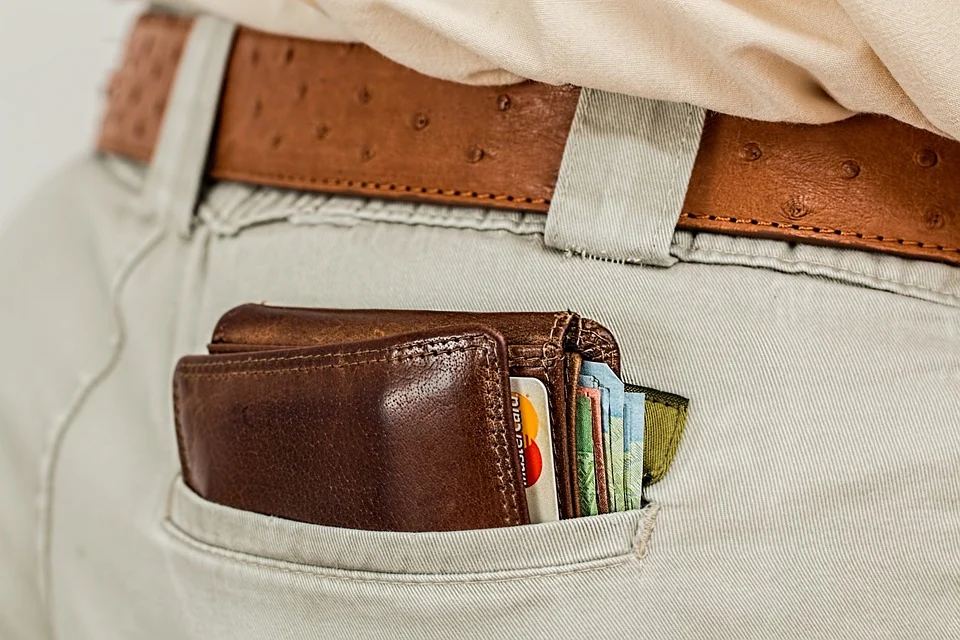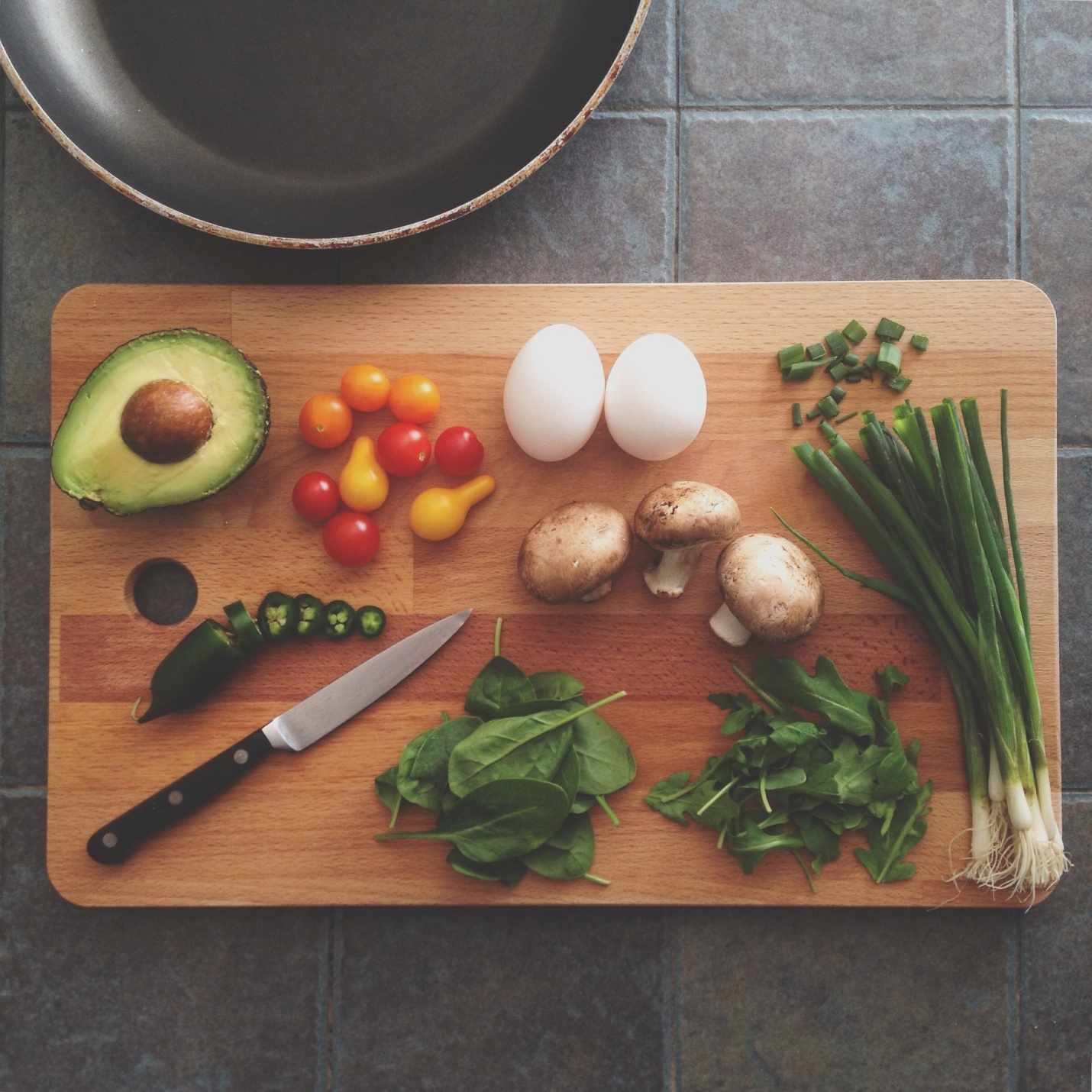You’d struggle to find many people who are able to say that they wouldn’t benefit from keeping a few extra bucks in their pocket each month. Even those that are feeling flush with cash right now would still benefit from holding on to more of their money just in case the unexpected happens.
A ‘surprise’ bill, a special occasion, or having to take time off work can all pile on the financial pressure, so having some money stashed away for a rainy day can really help.

So here are some simple changes you can make to keep more cash in your pocket.
Ditch That Coffee
It’s become a bit of a cliche in the last few years, with many saying that millennials spend too much money on pumpkin spiced lattes and other fancy coffees, but that cliche isn’t far from the truth.
The average cost of a Starbucks coffee in the United States is $2.75, though this varies wildly from state to state, with the highest being in the centers of major cities like New York. In NYC, that average increases above $3, though it can run much much higher when you include extra shots, syrups, sprinkles, creams, and some sort of sweet treat to go alongside it.
In other countries, particularly those in Europe, you’ll find this price even higher.
If you’re spending $3 each workday on a drink from Starbucks (or any other chain or independent coffee shop), you’ll be spending around $700-750 each year. That’s a lot of money when you add it all up.
So making your own at home can lead to big savings, even if you invest in a fancy Nespresso machine.
Ditch Expensive Cable TV
Cable TV is a big drain on everyone’s finances. In fact, the average American spends more on cable than all of their other utilities combined.
So finding a way to watch your favorite shows another way is an easy way to keep a big chunk of money in your pocket.
Thankfully, streaming services like Netflix, Hulu, and Amazon Prime Video all offer a much more affordable way to watch great TV shows and movies. Most cost less than $10 per month and you can watch them on your TV, computer, or mobile device.
There are also plenty of free alternatives for when you want to save even more, including Rakuten, with offers a wide variety of free content; PokerStars TV, which is great for anyone who loves watching live events and learning from professional players; and Retrovision Classic Movies; which carries content that has fallen out of copyright.

Learn to Cook
If you can cook, you’re more likely to eat at home than at a restaurant. Of course, eating out is a nice treat or a great way to celebrate a special occasion, but if you’re doing it often it will quickly drain your bank account.
Learning to cook means you’ll have the skills and knowledge you need to rustle up tasty dishes with minimal effort and short amounts of time. That way, you have less temptation to take the “easy option” and head to a restaurant.
Even getting take out can cost you a lot of money, so cooking is always going to be the best option.
If you really struggle with throwing ingredients together, consider subscribing to a service like Blue Apron that delivers pre-measured ingredients to your door, along with simple instructions that are almost fool-proof.
Start Walking More
Owning a car is expensive. Calling a cab is expensive. And you don’t save much with an Uber either. So if you live in the city, or you’re planning to head somewhere that’s close by, consider putting some miles on your shoes instead of your motor.
Walking is free, is great exercise, will leave you feeling refreshed and energized. Of course, there are many occasions where walking just isn’t feasible, but you’ll be surprised just how many times you can go on foot instead.
Each of these tips will make a small contribution to your savings, but when doing them altogether, you’ll be keeping a lot more cash in your pocket.